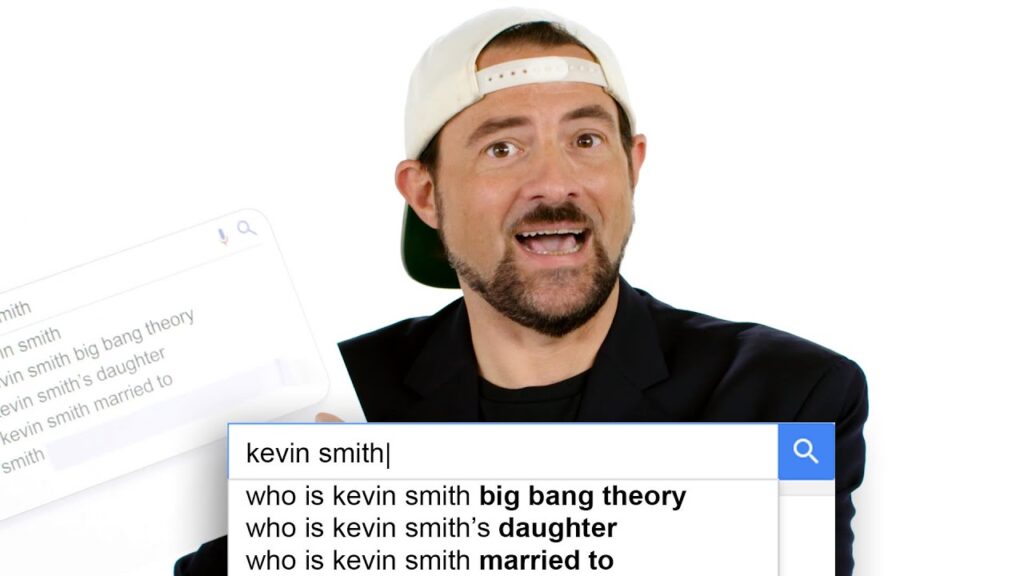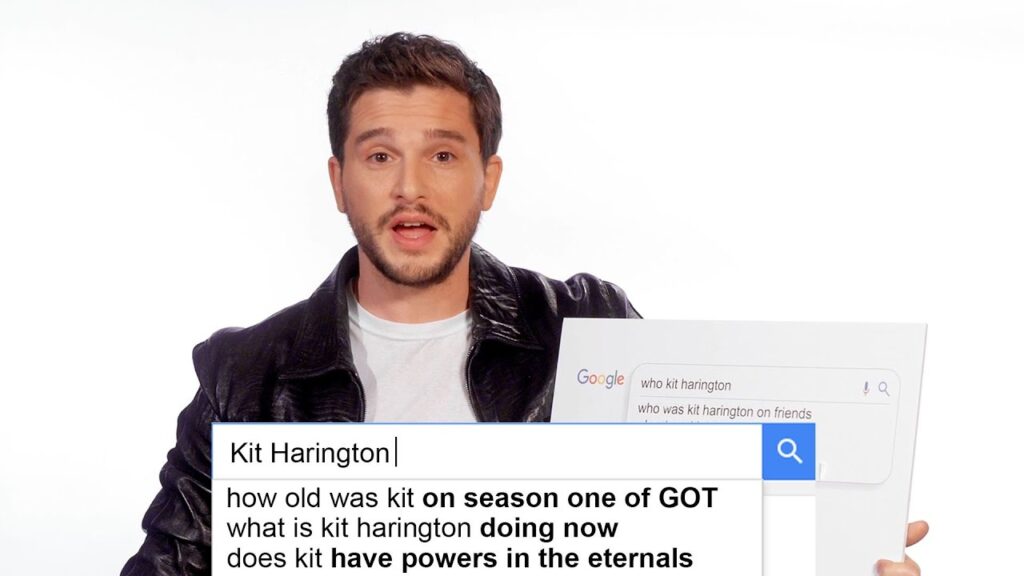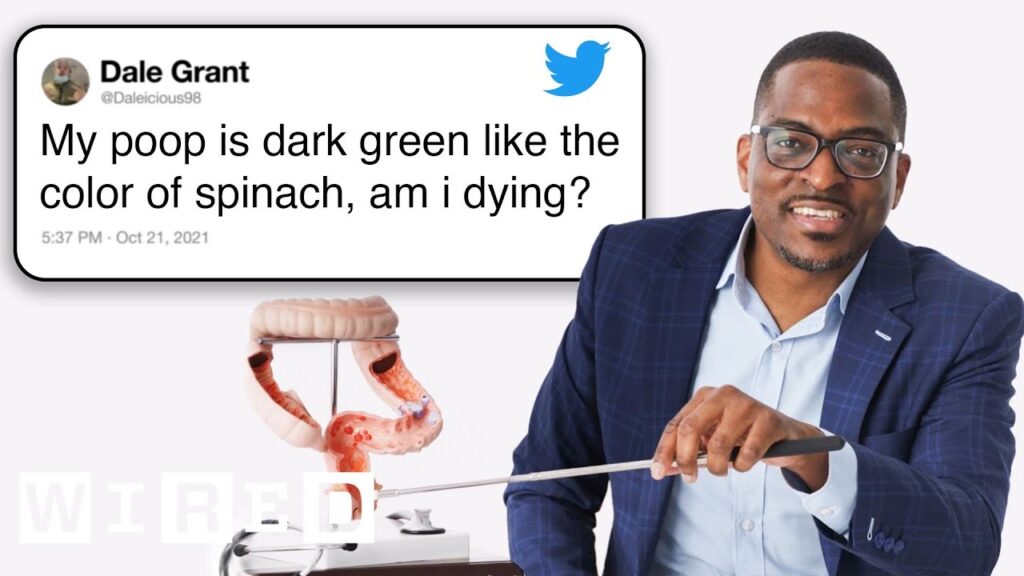The Urgency of Climate Change: Insights from Al Gore
Summary
In this Wired Autocomplete interview, former Vice President Al Gore answers questions related to climate change, its urgency, scientific significance, reversibility, political implications, its effects on the environment, and the potential of renewable energy. He highlights the irreversible damage caused by climate change while underscoring the fact that we still have the ability to prevent catastrophic consequences. Gore also speaks to the political influences that prevent action on climate change.
Table of Contents
- The Urgency of Climate Change
- The Scientific Significance of Climate Change
- The Reversibility of Climate Change
- The Political Implications of Climate Change
- Effects of Climate Change on the Environment
- The Potential of Renewable Energy
- Protecting the Environment
Q&A
The Urgency of Climate Change
Q: Is climate change urgent?
A: Yes, extremely urgent. Climate change is causing increasingly frequent extreme weather events. In the US alone, there have been ten so-called once-in-a-thousand-year events in the past eight years.
The Scientific Significance of Climate Change
Q: Is climate change a scientific fact?
A: Yes, it is. Scientists have understood the basics of climate change for 150 years, and they consider it to be an established fact, like gravity.
The Reversibility of Climate Change
Q: Is climate change reversible?
A: While we have caused some irreversible damage, the key fact is that we can still prevent catastrophic consequences of global warming.
The Political Implications of Climate Change
Q: Is climate change political?
A: Yes, unfortunately, it is political. Carbon polluters have been spending significant money on lobbying and campaign contributions. The influence of money and politics impede action on climate change.
Q: Is climate change being stopped?
A: No, not yet. However, historical evidence of other social revolutions, such as civil rights and women’s rights, shows that once the central question of what is right and wrong becomes clear, and a choice has to be made, change can accelerate. That’s the point we are at in the climate movement today.
Effects of Climate Change on the Environment
Q: Can renewable energy help the environment?
A: Yes, it definitely can. Burning of coal and natural gas traps as much extra heat energy in the atmosphere as 400,000 Hiroshima-class atomic bombs per day. Switching to renewable energy can substantially reduce this.
Q: How can extreme weather events affect the economy?
A: Extreme weather events can wipe out bridges and highways, resulting in the disconnection of interstate routes.
Q: How can extreme weather events affect human health?
A: Heat stress can put people at risk, and climate conditions can expand the range of mosquitoes that carry diseases such as Zika.
Q: How can extreme weather events affect food security?
A: Climate change exacerbates food-related problems such as pests, blight, plant diseases, and heat stress, which can reduce the nutrient value of food crops.
Q: How can extreme weather events affect our lives?
A: Massive floods, mudslides, and deep drought events may result in loss of life, displacement, and damage to infrastructure.
The Potential of Renewable Energy
Q: Can renewable energy create jobs?
A: Yes, it can. Wind turbine technician is predicted to be the fastest-growing occupation in the next decade.
Q: Can renewable energy be stored?
A: Yes, a technological revolution similar to cell phone revolution is happening with batteries. The combination of cost-effective batteries and solar energy can revolutionize the entire energy landscape.
Q: Can renewable energy power the US?
A: Yes, it can. Wind energy alone could produce 40 times as much electricity as the entire world consumes each year. Similarly, solar energy has great potential to meet global energy requirements.
Q: Can we live on renewable energy alone?
A: Yes, we can. The big revolution is in the electric vehicle industry, and all major automobile manufacturers are preparing to roll out electric cars with a range of 300 miles.
Protecting the Environment
Q: How can we protect the environment?
A: We can protect the environment by accelerating the shift from dirty fossil fuels to clean, renewable energy. We can choose the greenest and most climate-friendly option when making purchases in the marketplace. Finally, we can express our environmental concerns to politicians and vote for candidates who prioritize environmental protection.
Conclusion
Climate change is an urgent and established scientific fact that is making our world more susceptible to extreme weather events. While some of the damage from climate change is irreversible, we still have the ability to prevent catastrophic consequences through a shift to renewable energy. However, the influence of money and politics is preventing action on climate change. We can protect our environment by choosing renewable energy, making environmentally friendly purchases, and influencing politicians to prioritize environmental protection.







